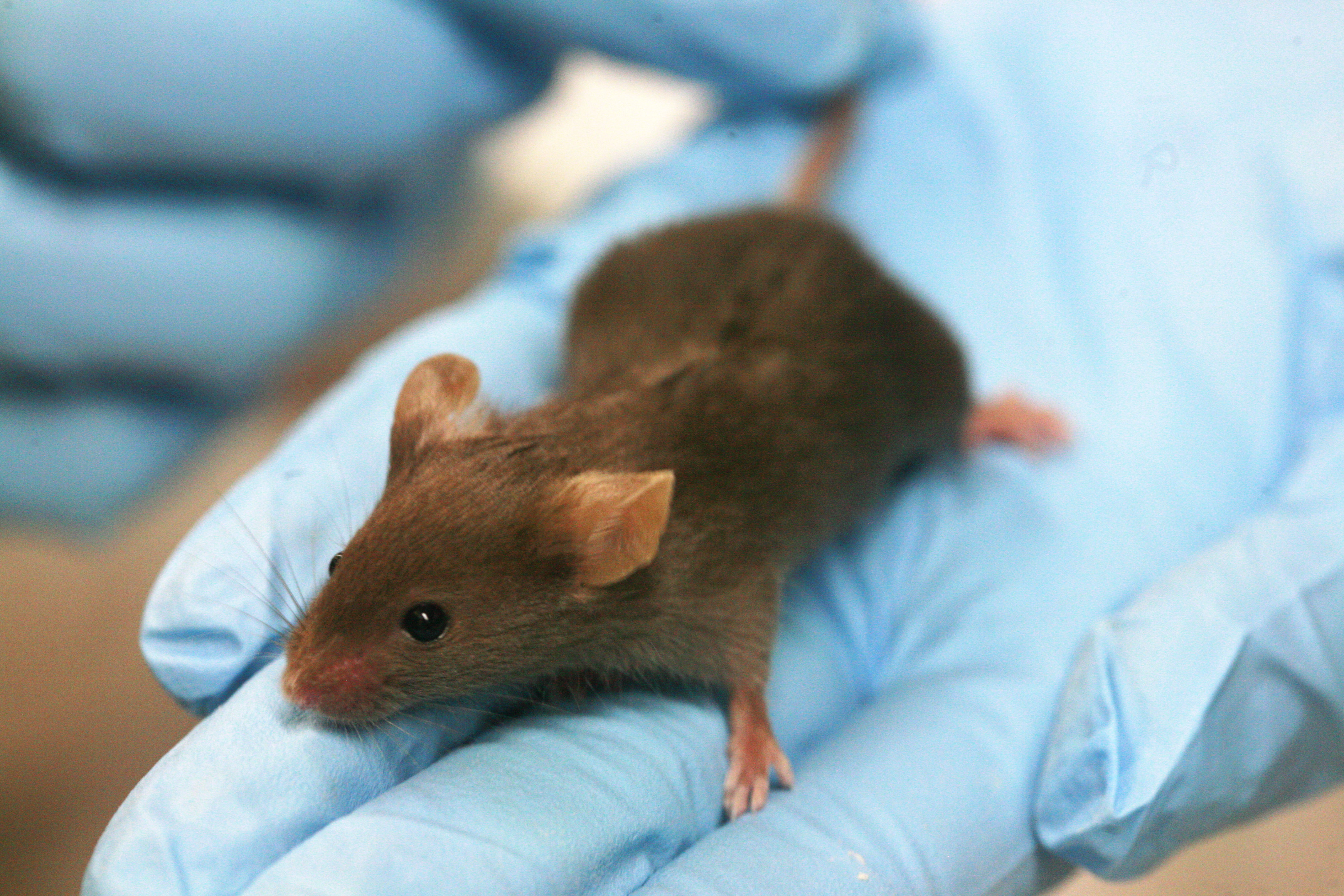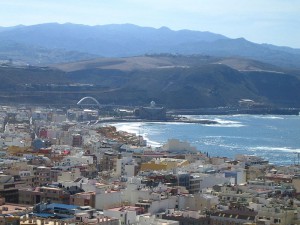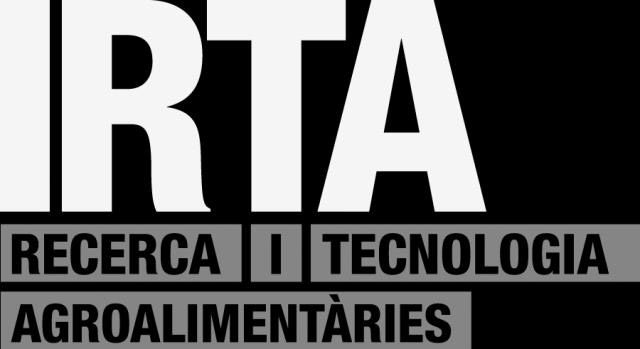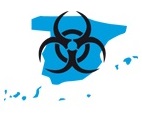IRTA-CReSA to participate in the 14th Congress of the Spanish Society of Animal Laboratory Sciences (SECAL)

The Spanish Society of Animal Laboratory Sciences (SECAL) brings together all those professionals whose activity is related to the laboratory animal. People whose relationship or work with the animals used in experimental projects is developed in Research Centers both public and private, as well as universities and companies dedicated almost exclusively to the production and marketing of animals to be used in this type of studies. What is its fundamental objective? It is none other than to rationalize the use of the laboratory animals, always keeping in mind the handling and care they will need, encouraging, as far as possible, the relationship, cooperation and exchange of information among professionals in the sector. SECAL belongs to the European Federation of Societies for Laboratory Animal Sciences (FELASA), the International Council for Laboratory Animals Science (ICLAS) and the European Federation of Animal Technicians (EFAT). In addition, it has representatives in the Governing Boards of FELASA, ICLAS, ESLAV and ECLAM. Finally mention that they have a representative on the Board of Directors of Laboratory Animals magazine.
SECAL is a very dynamic Society and a good example of this is the celebration of a biennial Congress, with already 13 editions of the same previously performed. This year the 14th Congress of the Society will be held in Las Palmas de Gran Canaria, a city that offers its Congress Palace of the Canary Islands, specifically the Alfredo Kraus Auditorium, to present a much more than interesting high-level scientific program. The motto of the same is “Scientific Advances in animals for global health” implying that progress can be made to take steps forward in both scientific and technological development as far as the use of the animal in the different experimental studies is concerned. The conference will include the participation of important speakers, both national and international, as well as practical workshops, oral presentations, debates and poster sessions. We cannot forget that this impulse is not going to be possible without the necessary effort on the part of the specialized companies of the sector, which contribute in a good measure to the progress that is taking place in this field.

Las Palmas de Gran Canaria. Image: Fernando Carmona.
Within the extraordinary program, it is worth mentioning what IRTA-CReSA is concerned with: topic 5: “On guard against emerging diseases. Challenges in biocontainment facilities”. This topic will be presented by Dr. María Mazariegos, from VISAVET, with a paper entitled “Designing an animal facility: Working with high risk pathogens”; Dr. Alexandra Kupke, from the University Of Philipps, in Marburg, with the lecture “Animal Experimentation under Biosafety Level 4 (BSL-4): Advantages and disadvantages”. Also two high scientific level speakers from IRTA-CReSA will participate; on the one hand Dr. Núria Busquets offering a paper entitled “Pathogenic agent, vector, animal model: A growing complication in biosecurity” and on the other hand, Dr. Xavier Abad who will give the lecture “Viral vectors and biological agents type 3. Work and containment.”
The participation of scientific and management IRTA-CReSA personnel only emphasizes the importance that IRTA-CReSA assigns to the issues of biosafety, biocontainment, correct pathogens and vectors management and the relation of all these elements with laboratory animals and farm animals, and the high level of knowledge and professionalism achieved, nationally and internationally recognized.
Cover image: Rama. The author acknowledges Dr. Xavier Abad the revision of this post.













